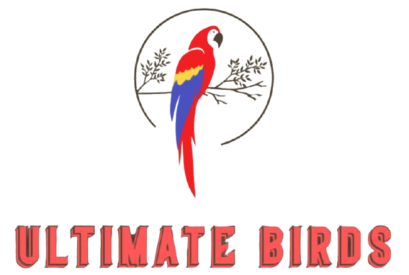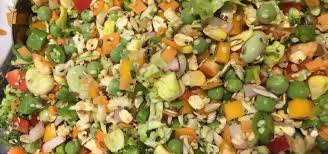African Grey Parrot Best Food, The African Grey Parrot is one of the most intelligent and beloved pet birds in the world. Known for their exceptional ability to mimic human speech and their affectionate personalities, these parrots require a highly nutritious diet to maintain their health, mental agility, and vibrant plumage. If you’re wondering about the African Grey Parrot best food, this guide covers everything you need to know.
Why Diet Matters for African Grey Parrots
African Grey Parrots have long lifespans—often 40 to 60 years in captivity—so maintaining a proper diet is crucial for their long-term health. A poor diet can lead to malnutrition, behavioral issues, and serious health problems like feather plucking, obesity, or vitamin deficiencies.
The African Grey Parrot Best Food Options
Here’s a breakdown of the top food choices that should be part of an African Grey’s diet:
1. Pelleted Diet (Base Food)
High-quality formulated pellets should make up 60–70% of your parrot’s diet. They are specifically designed to provide balanced nutrition.
Best brands include:
- Harrison’s Bird Foods
- Roudybush Daily Maintenance
- Zupreem FruitBlend
Why pellets? They reduce selective eating and ensure your parrot receives essential vitamins and minerals.
2. Fresh Fruits and Vegetables (25–30%)
African Greys thrive on a colorful variety of fresh produce. Offer them daily:
Vegetables:
- Leafy greens (kale, spinach, collard greens)
- Carrots
- Bell peppers
- Sweet potatoes (cooked)
- Broccoli
Fruits (in moderation):
- Apples (no seeds)
- Bananas
- Mango
- Papaya
- Berries
These foods provide antioxidants, fiber, and important vitamins like Vitamin A, which is crucial for their feather health.
3. Nuts and Seeds (5–10%)
While high in fat, nuts and seeds are excellent sources of protein and enrichment. Use them sparingly and as training treats.
Good choices include:
- Almonds
- Walnuts
- Pumpkin seeds
- Sunflower seeds (occasional)
Note: Avoid overfeeding as African Greys are prone to obesity.
4. Calcium-Rich Foods
African Greys are particularly susceptible to calcium deficiency, which can lead to weak bones and egg-laying complications in females.
Include:
- Broccoli
- Kale
- Cuttlefish bone (as a supplement)
- Fortified pellets
Foods to Avoid
Certain foods are toxic to African Grey Parrots and should never be fed:
- Avocado
- Chocolate
- Caffeine (tea, coffee)
- Alcohol
- Onion and garlic
- Rhubarb
- Fruit seeds (like apple seeds)
Tips for Feeding Your African Grey
- Fresh water must always be available.
- Rotate fruits and veggies to keep meals interesting.
- Wash all produce to remove pesticides.
- Observe your bird’s droppings and energy levels to monitor diet effectiveness.
- Consult an avian vet annually for diet assessments and health checks.
Conclusion
Choosing the African Grey Parrot best food means prioritizing a balanced, varied diet rich in nutrients. A combination of high-quality pellets, fresh produce, occasional nuts, and calcium-rich foods will keep your parrot healthy and mentally sharp. With the right diet and care, your African Grey can live a long, joyful life full of chatter, play, and vibrant feathers.
You Might Also Like These:

